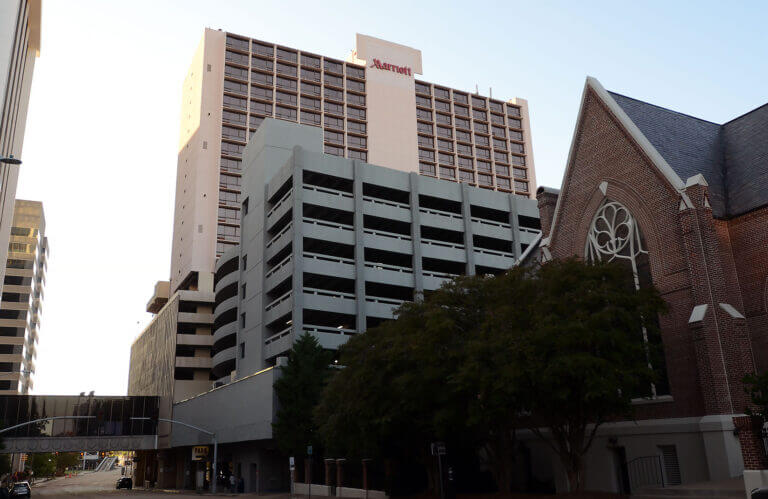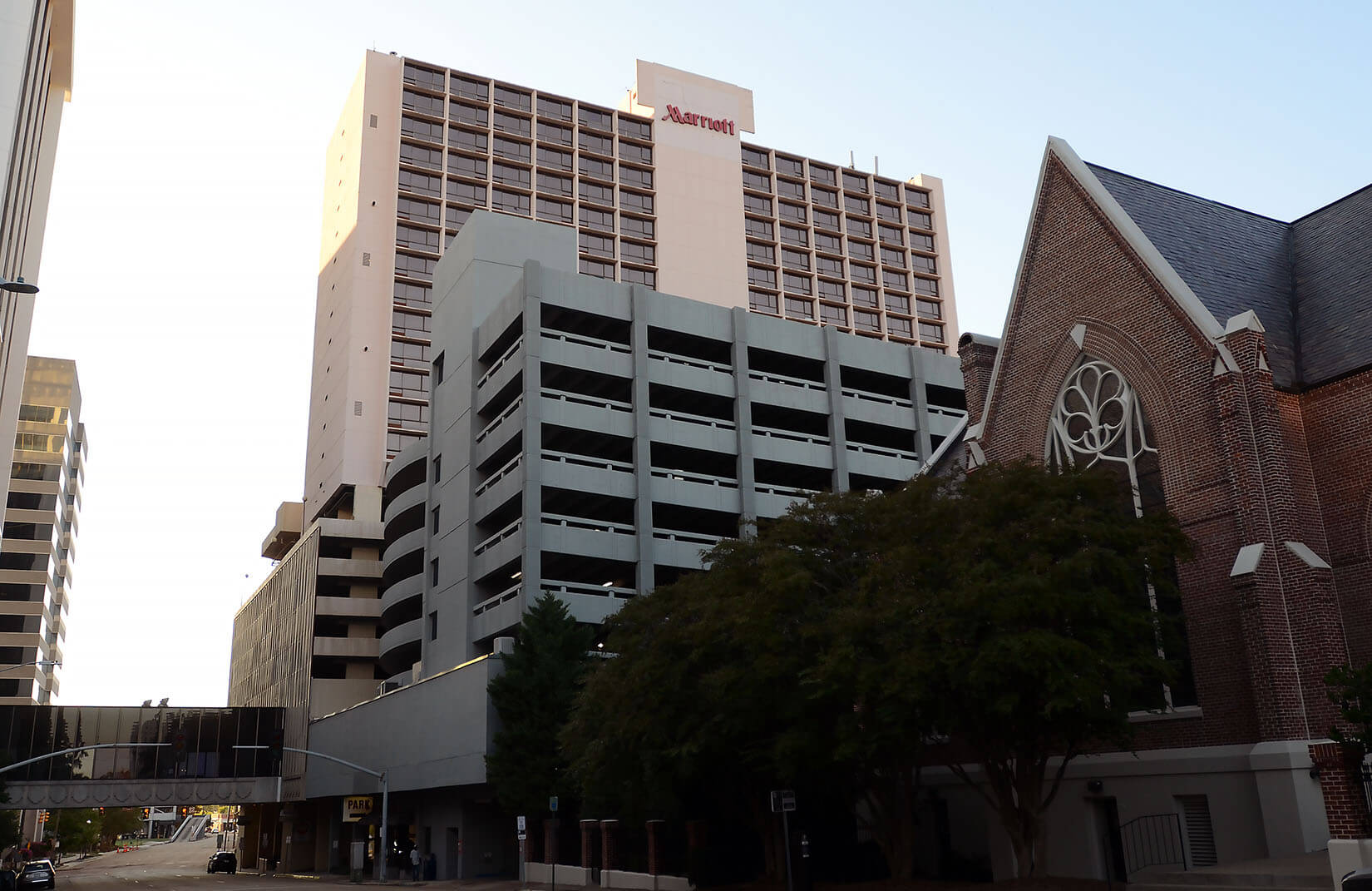

Editor’s note: This Mississippi Today Ideas essay is published as part of our Brain Drain project, which seeks answers to Mississippi’s brain drain problem. To read more about the project, click here.
I am a son of Jackson. My roots run deep – cultivated over Sunday dinners at my grandmother’s house in Presidential Hills, life lessons in my mother’s salon on Bailey Avenue, visits to Fire Station 21 where my father worked and childhood adventures in Richwood Estates.
Jackson has never just been a place to me. It’s memory, rhythm and resilience. It’s where I first learned that community isn’t theoretical. It’s lived out daily through perseverance and love. I’ve always loved this city. But like many with ambition and vision, I left.
After graduating from high school and briefly attending community college, I enrolled in Mississippi State’s Building Construction Science program. That experience changed my trajectory. Through design studios, collaborative projects and field visits to cities like Miami and New York, my perspective expanded. I began to see what was possible beyond the bounds of Mississippi.
After graduation, I followed opportunity to cities where innovation in construction was thriving. I joined teams in markets actively investing in infrastructure, encouraging creative solutions and supporting inclusive leadership. In those environments, I sharpened my technical abilities, broadened my worldview and grew both professionally and personally.
Still, Jackson was never far from my mind. I came back often – for birthdays, holidays or just to surprise my parents. With each visit, though, I saw more signs of decline – crumbling streets, aging infrastructure, a growing sense of resignation. The energy I remembered – the drive, the optimism – was dimming. Jackson felt tired. And too many of its people had stopped believing.
My decision to leave wasn’t just about chasing ambition. It was about necessity. In Jackson, the professional landscape – especially in fields like construction and program management – offered limited pathways for innovation or growth. Entrepreneurial opportunities were hard to find and even harder to sustain. But what worried me more than the visible decay was the emotional toll: a creeping hopelessness that tomorrow might not be better than today.

Between 2012 and 2022, I worked across the country – New York, San Diego, D.C., Atlanta and Lawton, Oklahoma – managing construction and real estate development projects. Each city challenged me in new ways. I adapted to different cultures, built new friendships and navigated fast-paced environments. I met my wife in New York, married in 2019 in San Diego, and in 2021, we welcomed our daughter and launched my business in Atlanta.
By many measures, life was full and successful. But something was missing.
During an extended visit home during the pandemic, I found myself buried in Zoom meetings that started at 7:30 a.m. and didn’t end until well after 7:00 p.m. I was physically present, but mentally detached – consumed by work. Over evening conversations with my parents, something shifted. I began asking different questions. What’s the point of success if it’s experienced in a silo? What value does achievement hold if not shared with the people who shaped you?
I missed Sunday dinners. I missed HBCU tailgates and SEC game days. My parents were aging, and I could feel time speeding up. My wife and I began to think seriously about where we wanted to raise our daughter – not just physically, but spiritually and culturally. We wanted her to grow up surrounded by family, faith and familiarity.
In the fall of 2022, we returned home to Jackson.
Some say you can’t change a system from within. Others argue that real change only happens when you’re inside it. I believe both are true. And I’ve seen what happens when forgotten neighborhoods are met with vision, capital and collaboration. They transform. I’ve seen abandoned buildings become cultural anchors and neglected corridors reborn as centers of pride.
That’s what I want for Jackson.
I didn’t come back to fix everything. No one person can. But I returned with a strategic vision and a commitment to be part of something bigger than myself. Through my firm, Richardson & Richardson (RxR), I’m working to help Jackson confront its biggest challenges – blight, failing infrastructure and fragmented development – by facilitating public-private partnerships and empowering local talent.
My mission isn’t just to complete projects. It’s to restore belief in ourselves, in our neighborhoods and in what this city can become.
To my surprise, returning has been revitalizing. Jackson’s professional landscape is more alive than I expected – full of builders, creators and entrepreneurs with the courage to take risks. There’s a scrappy energy here, driven by the reality that we have to make our own way. But there’s also a closeness that large cities can’t replicate.
Here, my name matters. It opens doors in ways no LinkedIn connection ever could. Opportunities have a way of finding me based on my parents and grandparents’ decades old relationships. This is my village.
Yes, I left. But leaving gave me the tools, clarity and conviction to return with purpose.
This city raised me. Now, I want to help raise it.
Terrance Richardson is a Jackson native, son of Pastor Charles and Gwendolyn Richardson, a husband to Sharay Richardson and father of two girls, Noa and Adia Richardson. He is a program management and construction professional with a passion for revitalizing urban communities.
- Ole Miss QB Trinidad Chambliss’ NCAA appeal is denied, but legal fight over eligibility continues - February 5, 2026
- Visitor brochures are returned to Medgar Evers home - February 5, 2026
- Advocates demand fix for Mississippi’s child care crisis - February 5, 2026